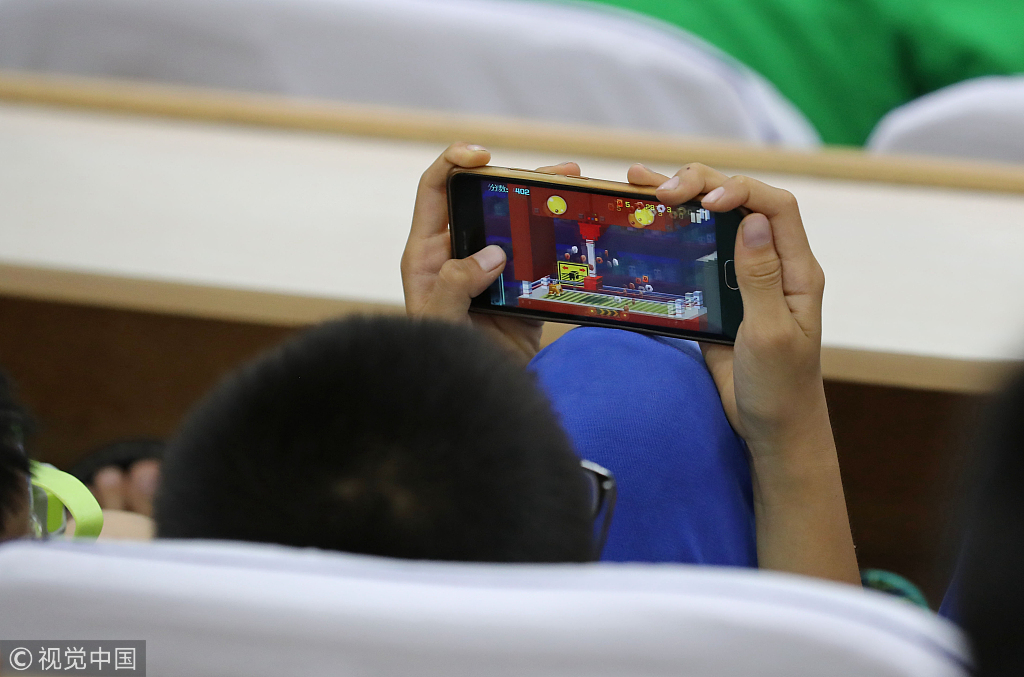Cell phone radiation may weaken memory performance in adolescents: study


GENEVA -- Frequent use of mobile phones can lead to deterioration of memory performance of specific brain regions largely due to exposure to radiofrequency electromagnetic fields (RF-EMF) during mobile phone use, researchers said.
In a new study carried out by scientists at the Swiss Tropical and Public Health Institute (Swiss TPH), researchers found that the so called figural memory performance, or the ability to remember abstract forms, can deteriorate if the brain is often exposed to RF-EMF.
Researchers had data from more than 700 teenagers from German-speaking Switzerland over 12 months. The study follows up findings from a 2015 study with twice the sample size and more recent information on the absorption of RF-EMF in adolescents' brains during different types of wireless communication device use.
These are the world's first epidemiological studies to estimate cumulative RF-EMF brain dose in adolescents.
Evidence is clear that radiation has had a significant impact on the right half of the brain, where the figural memory is located, among adolescents who hold the phone to their right ear when making a call. Sending text messages or surfing the internet has had no noticeable impact, according to the study.
It also added that more research is needed to determine the significance of the research and to exclude other factors.
The investigation will be published on July 23 in the peer-reviewed journal Environmental Health Perspectives.
Though Switzerland has revised the allocation of frequencies in 2017 to clear the way for 5G, or fifth generation mobile wireless, critics have been warning that it could be bad for our health, as 5G are assigned even higher radio frequencies than 4G.
Researchers from the Basel-based Doctors for Environmental Protection group have warned that the very short waves of 5G will be absorbed by the skin that is already exposed to the harmful effects of ultraviolet radiation, and that 5G could present an extra cancer risk.































